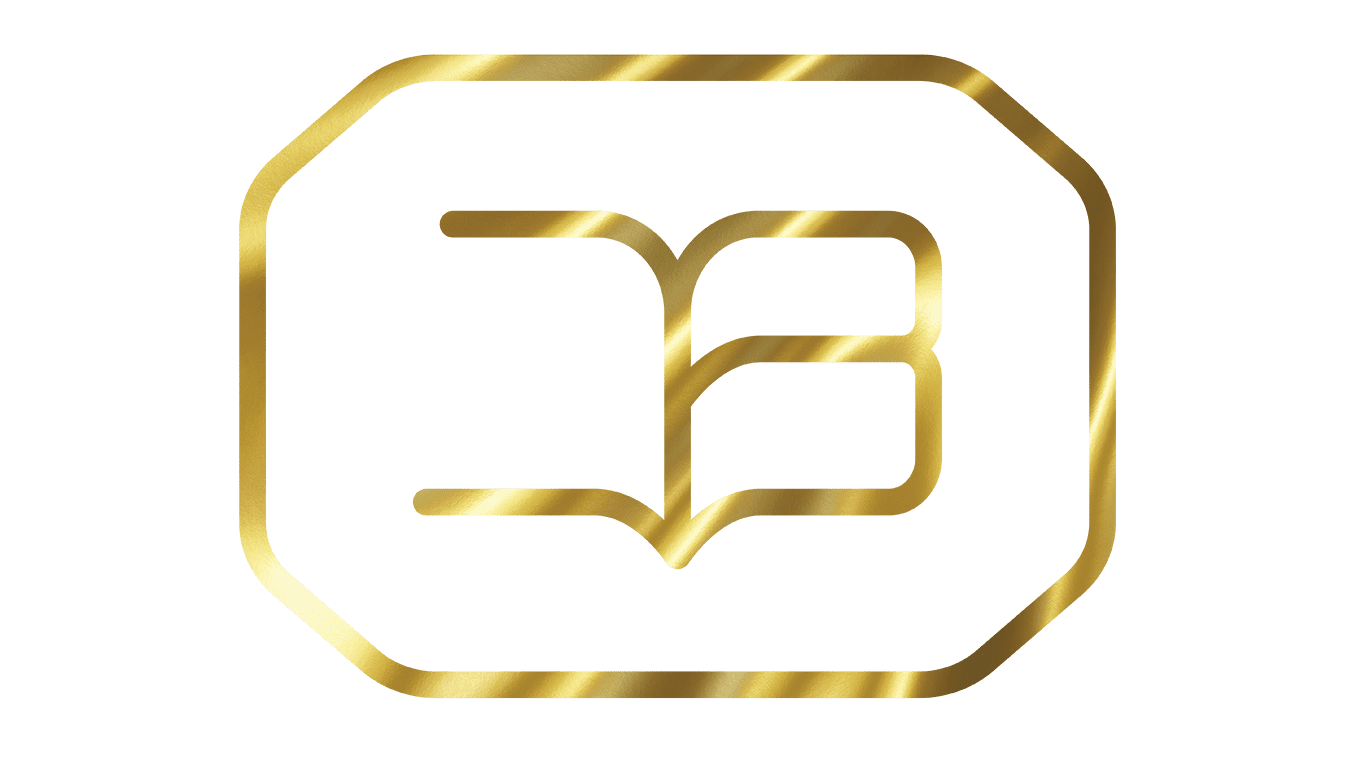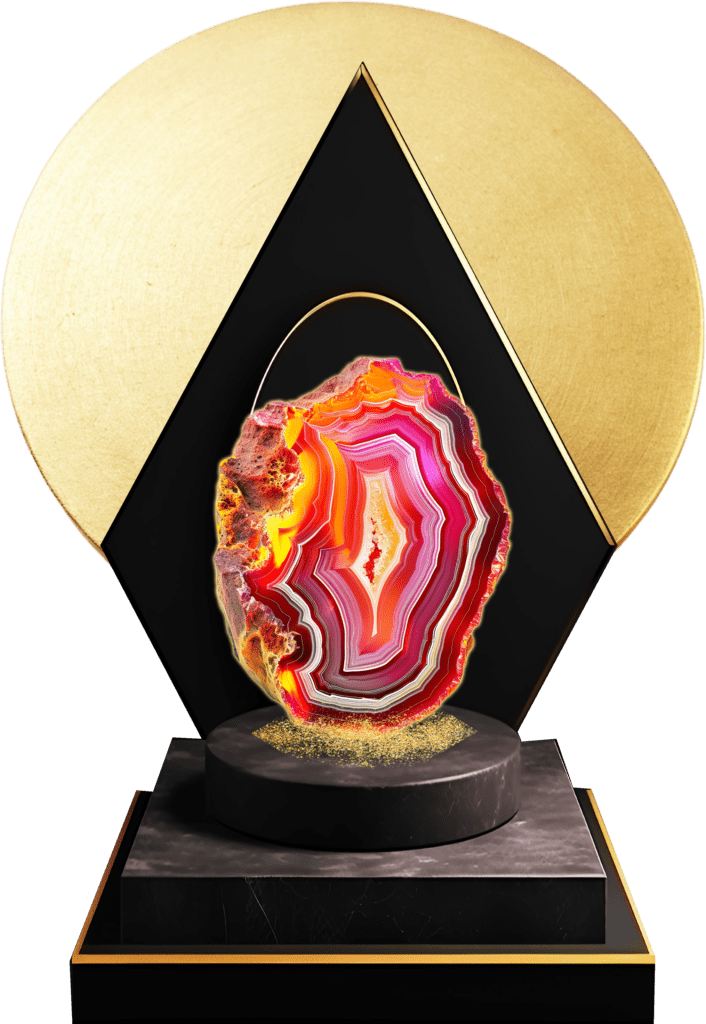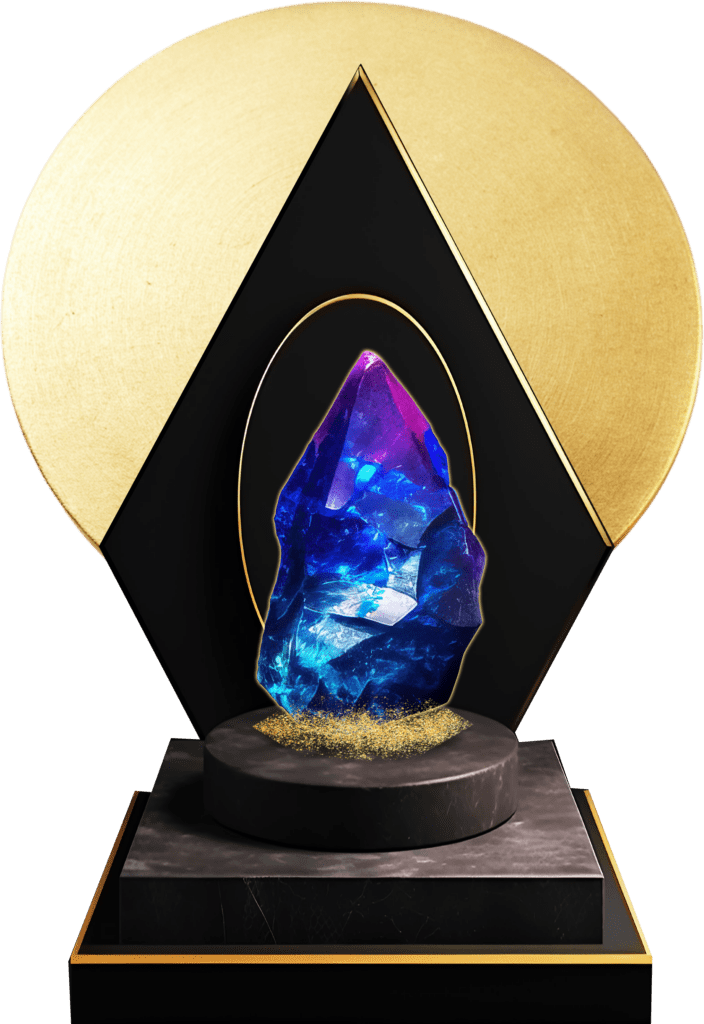צרו איתנו קשר!
רפואה - כירורגיה
Medicine - Surgery
About The Course
על הקורס
בקורס כירורגיה נכיר את ההתפתחות של התחום לאורך ההיסטוריה ואת הדיסציפלינות שבהן הוא עוסק.
נעמיק בכל האמצעים שיש לנקוט בהכנות לניתוח: נלמד על ההנחיות שיש לתת למטופל לקראת הניתוח ועל ההכנה שלו לאחר שהוא מילא את כל ההנחיות בחדר הניתוח עצמו, ואת האזור בגוף שבו מבוצע הניתוח. נלמד להכין את המקום תוך יצירה ושמירה על שדה סטרילי, אנטיפתיה וסטריליזציה של הכלים שבהם נשתמש והיכרות עם האוטוקלאב וכמובן ההכנה של הרופא המנתח ואנשי הצוות.
נכיר את סוגי החוטים השונים שמשמשים למגוון תפרים ברקמות ואיברי הגוף השונים, סוגי מחטים וכלי הניתוח השונים.
נתעמק במגוון השיטות לעצירת דימומים, משיטות מכאניות, דרך שיטות פיזיקליות וכימיות ועד לשימוש בתרופות סיסטמיות. אם יתאפשר ונספיק, נעסוק גם בבעיות קרישה של הדם ובדרכים ובבדיקות שעומדות לרשותנו לחזות ולנהל מראש את הסיכונים. נדון בסכנות שבאיבוד דם.
נעמיק במרכיבים של ההרדמה הכללית: שיתוק שרירים, אובדן הכרה ונטרול תחושת כאב. נכיר חלק מהחומרים שבהם ניתן להשתמש לצרכים אלו וגם איך לשלב ביניהם. נעסוק בהרדמה בגז שנחשבת לבטוחה ונכיר את היתרונות והחסרונות של 3 מערכות: מערכת פתוחה, פתוחה למחצה וסגורה.
בנוסף, נלמד איזה מדדים יש לנתר אצל המטופל לפני, במהלך ולאחר הניתוח. כגון נשימה (קצב ועומק), דופק, רמת הרוויה של החמצן בדם, טמפרטורת הגוף וכו'. נענה על השאלות: מה הרמות התקינות של כל אחד מהם? מה קורה להומאוסטזיס בגוף כשהוא יוצא מהטווח התקין? איך נחזיר את הגוף לרמה התקינה של כל אחד מהמדדים האלו?
לאחר הניתוח יש לעקוב ולעשות ביקורות על המטופל ועל ההחלמה שלו וזה השלב בקורס שבו נדון על תהליכי החלמה של פצעים, סוגי הפציעות השונים, סוגי חבישות, ועל לקיחת החלטות חשובות כגון: מתי עדיף לא להתערב? מה זו הטריה ומתי יהיה בה צורך? מתי נחליט לטפל ולהתערב? ונעסוק בקבלת ההחלטות בצורה נכונה (שלפעמים לא פשוטה בכלל) מבין כל סוגי הטיפולים שיש לרפואה כיום להציע ועל אלו שעומדים וזמינים לרשותנו. בנוסף נדון על פגיעות שיכולות להיווצר אצל מטופלים עם הגבלה ביכולת התנועה לאחר הניתוח, בדגש על פצעי לחץ ועל המניעה והטיפול בהם.
נלמד על ניהול סיכונים ועל סיבוכים וסוגי הזיהום שיכולים להתפתח בעקבות ניתוח ואיך ניתן להימנע מהם או לטפל בהם במידת הצורך ועל איך נבחר בצורה נכונה את האנטיביוטיקה בהתאם לסוג הזיהום ולמיקומו בגוף (לא לכל מקום בגוף כל אנטיביוטיקה חודרת) וגם על ההבדלים בין השיטות השונות של החדרתה לגוף החל ממתן פומי-אוראלי דרך משחות מקומיות ועד לזריקות. נדבר על המצבים שבהם יש צורך להתקין נקזים. נעמיק בהבדלים בין ניקוז אקטיבי לפסיבי ועל היתרונות והחסרונות בכל אחד מהם.
נלמד על נזקים בעצמות, על שיטות לזיהוי וסיווג נכון שלהם ועל הניתוחים והתיקונים האורתופדיים שניתן לעשות לצורך הריפוי שלהם.
קורס מרתק, מעניין ומעשיר.
* הקורס יותאם לרמת כל שכבת גיל.
In this surgery course, we will explore the historical development of the field and the various disciplines it encompasses. We will delve into all the necessary preparatory measures for surgery, including patient instructions prior to the procedure and the preparation process in the operating room after the patient has followed all guidelines. We will learn how to prepare the surgical site while creating and maintaining a sterile field, as well as the antisepsis and sterilization of surgical instruments. The course will cover familiarization with the autoclave and the preparation of the surgeon and surgical team.
We will study the different types of sutures used for various tissues and organs, as well as the different types of needles and surgical instruments. The course will provide an in-depth examination of various methods for hemostasis, ranging from mechanical techniques to physical and chemical methods, and the use of systemic medications. If time permits, we will also address blood coagulation disorders and the available tests and strategies for anticipating and managing associated risks. We will discuss the dangers of blood loss.
The components of general anesthesia will be thoroughly explored, including muscle paralysis, loss of consciousness, and pain suppression. We will become acquainted with some of the agents used for these purposes and learn how to combine them effectively. The course will cover gas anesthesia, which is considered safe, and we will examine the advantages and disadvantages of three systems: open, semi-open, and closed.
Additionally, we will learn which parameters to monitor in patients before, during, and after surgery, such as respiration (rate and depth), pulse, blood oxygen saturation, body temperature, and others. We will address questions such as: What are the normal ranges for each parameter? How does the body's homeostasis change when these parameters deviate from the normal range? How can we restore the body to normal levels for each of these parameters?
Post-operative care and patient follow-up will be discussed, including wound healing processes, different types of injuries, dressing techniques, and important decision-making processes. We will consider questions such as: When is it preferable not to intervene? What is debridement and when is it necessary? When should we decide to treat and intervene? The course will address proper decision-making (which can be quite challenging) among the various treatments available in modern medicine and those at our disposal. We will also discuss potential complications in patients with limited mobility after surgery, with emphasis on pressure ulcers, their prevention, and treatment.
The course will cover risk management, complications, and types of infections that can develop following surgery, as well as methods for prevention and treatment. We will learn how to select appropriate antibiotics based on the type and location of infection (as not all antibiotics penetrate all areas of the body equally). The differences between various methods of antibiotic administration will be discussed, from oral administration to topical ointments and injections. We will address situations requiring drain installation, exploring the differences between active and passive drainage and the advantages and disadvantages of each.
We will study bone injuries, methods for their correct identification and classification, and the orthopedic surgeries and repairs available for their treatment.
This course promises to be fascinating, interesting, and enriching.
* The course material will be tailored to the age of the learners.







